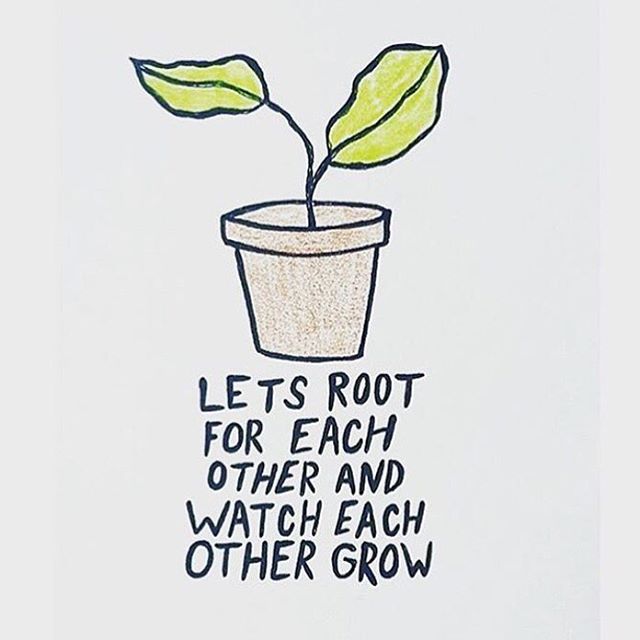
The words ‘excuse’ and ‘justification’ are so similar that it feels inevitable that they will be interchanged. Even native English speakers aren’t certain of the difference if you press them, other than the fact that a lot of them know that lame more often modifies our ‘excuses,’ while good often qualifies our ‘justifications.’
When sorting through which are ‘valid’ and which are not, it’s important to remember that the vast majority of the time, most people do not intend to do harm when harm is caused. And if they do intend to cause it, it’s usually because they feel they’re trying to regain ground they feel they have already lost, so they see it more as a justified attempt at ‘equalization’ more than they’ll see it as an ‘attack.’ Regardless, even a supposedly ‘equalizing retaliation’ is really just a new attack. It’s an aggressive form of blaming someone for a perceived over-blaming of us. In essence then, the harm done is another form of blame that happens thanks to justification.
Since blame is an offensive act, the only logical reaction is a defensive one, so we shouldn’t be surprised that ‘justifications’ and ‘excuses’ are both defensive terms. The difference is, the justifier believes their reasoning to be valid, whereas in an excuse we generally believe that someone is trying to avoid their actual responsibilities. But if that’s the case, who decides which it is?
Remember from paragraph two; people don’t see themselves as ‘starting’ problems. They see the blame as them ‘making things right.’ If someone won’t accept our blame then we feel things cannot be made right, and this just intensifies the desire to blame. But what do we mean by made right?
The fact is, most people give justifications, but hear excuses. So what our explanation gets called is often dependant on who’s naming it. That’s why it’s called being held responsible. It’s not like people feel we would stay still for it if we were going to experience blame. Even our dogs hide when they feel they’ve done something wrong.
This means the sender sends blame, the blamed offer their justifications, and then the blamer either accepts the justification or they rename the justification an ‘excuse.’ But even if we don’t want to accept an excuse, that doesn’t mean that the person who offered it doesn’t feel justified. Which leaves us with two definitions of the same event, which is yet another clear demonstration that the world is made up of individual perspectives, not one central truth.
In the end there are neither ‘justifications’ nor ‘excuses.’ There are only the opinions or judgments of those ascribing them. Which begs the question: why do we feel it necessary to offer so many justifications to the opinions we hear? We know when we feel good about what we’ve done and when we feel bad. That should be our divining rod, not random people’s, random, ever-changing opinions.
Forget making excuses for your life. Forget justifying it. See ‘excuses’ and ‘justifications’ for what they really are: explanations that people will either accept or not accept. How honest we’re being will have little to do with whether others believe us or not.
People will make judgments about our lives all the time. Our job isn’t to make them stop, or to justify our actions. Our only spiritual responsibility is to do our best to stay on a path where we feel good inside about our reasons, even if they were only good reasons when we made the decision. After the moment it was made in, even our own view of our own choices is really just another opinion. But we don’t want to live inside that kind of life-limiting, second-guessing, self-talk. Not when there is such an impressive version of us just waiting to emerge from the shadows of all of that negative self-talk.
peace. s
I help people achieve better mental health by teaching them about reality.







